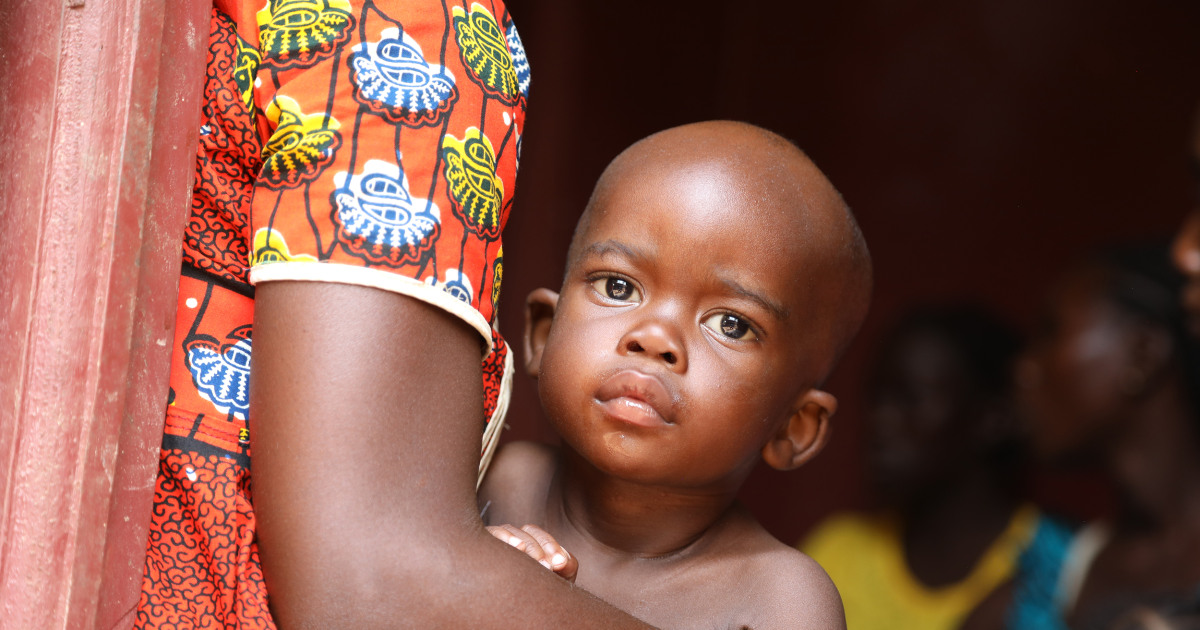This African nation is now the 'most dangerous place in the world for children'
Companies, agencies, institutions, etc
UNICEF USA
ISIS
NBC News
the Central African Republic
United Nation
Selekas
Human Rights Watch
Mudge
U.N.
the Central African Republic’s
ABC News
World News
the NBC News Investigative Unit
NBC UNIVERSAL
People
Vincent
Caryl Stern
David Brownstein
Seleka
Bangui
François Bozizé
Lewis Mudge
Faustin-Archange
Anne Yadibert
Colette
Graciela Ouakabo
God
Jordan
Kaga-Bandoro
Romo
Cynthia McFadden
Jake Whitman
Diane Sawyer
Abou-Sabe
Schapiro
Groups
Muslim
Christian
French
African
Physical locations
The Central African Republic
the Middle East
Asia
the Central African Republic
that.”The Central African Republic's
Places
the Bangui Paediatric Centre
Bangui M’Poko International Airport
Locations
BANGUI
Central African Republic
U.S.
Texas
m.o
Russia
China
France
Yemen
Syria
South Sudan
Jordan
Events
No matching tags

Summary
He was so malnourished he could no longer eat.“The child's stomach is shutting down,” said Caryl Stern, the CEO of UNICEF USA, as she maneuvered through the Bangui Paediatric Centre, the country’s only children’s hospital.The Central African Republic is now home to more than a million Vincents — a humanitarian crisis of epic scale that has largely gone unnoticed.With the world’s attention fixed on conflicts in the Middle East and Asia, the Central African Republic has descended into chaos in recent years. And the lack of government institutions coupled with the tangled mass of warring factions has prompted fears that ISIS-aligned extremist groups could gain a foothold.“Right now there are a lot of people who are benefitting more from war than they could gain from peace,” said David Brownstein, the U.S. chargé d’affairs in the Central African Republic.The threat of violence confronts visitors the moment they arrive at Bangui M’Poko International Airport.Soldiers, dressed in camouflage and armed with rifles, patrol the airstrip on foot and in pick-up trucks. The Selekas were ultimately forced out of the capital by French forces, but the bloodshed continued elsewhere in the country in attacks that largely targeted civilians.“For these armed groups, it’s been their m.o. to attack civilians,” said Lewis Mudge, a senior researcher in the Africa division of Human Rights Watch. More than 43,000 of its children below the age of five are expected to face an extremely high risk of death next year due to severe malnutrition, according to UNICEF.“This is the most dangerous place in the world for children,” said Stern.Young people in the Central African Republic also face threats that go beyond their access to food.In addition to mass displacement and widespread insecurity preventing many from attending school, children here face the prospect of being forced into a rebel militia.Six years ago, then-11 year-old Graciela Ouakabo was traveling to Bangui from a city in the southwest of the country when she was ambushed by an anti-balaka militia and forced to join the group.Ouakabo said she was given a machete, trained to fight, and pressured to drink and smoke with the rebels while working as a cook at their encampment. All a parent has to do is rip open the packet and ease the nutrient-rich paste into a child’s mouth.“It takes about three weeks but literally that one packet can mean the difference between life and death,” said Stern, the UNICEF USA chief executive.Plumpy’nut is among the most crucial items at the Bangui Paediatric Centre and at the makeshift refugee camps that have sprouted up around the country.One of them, near the northern town of Kaga-Bandoro, formed within hours when villagers fleeing violence congregated around the region’s lone air strip.
As said here by Christine Romo, Cynthia McFadden, Jake Whitman, Kenzi Abou-Sabe, Rich Schapiro